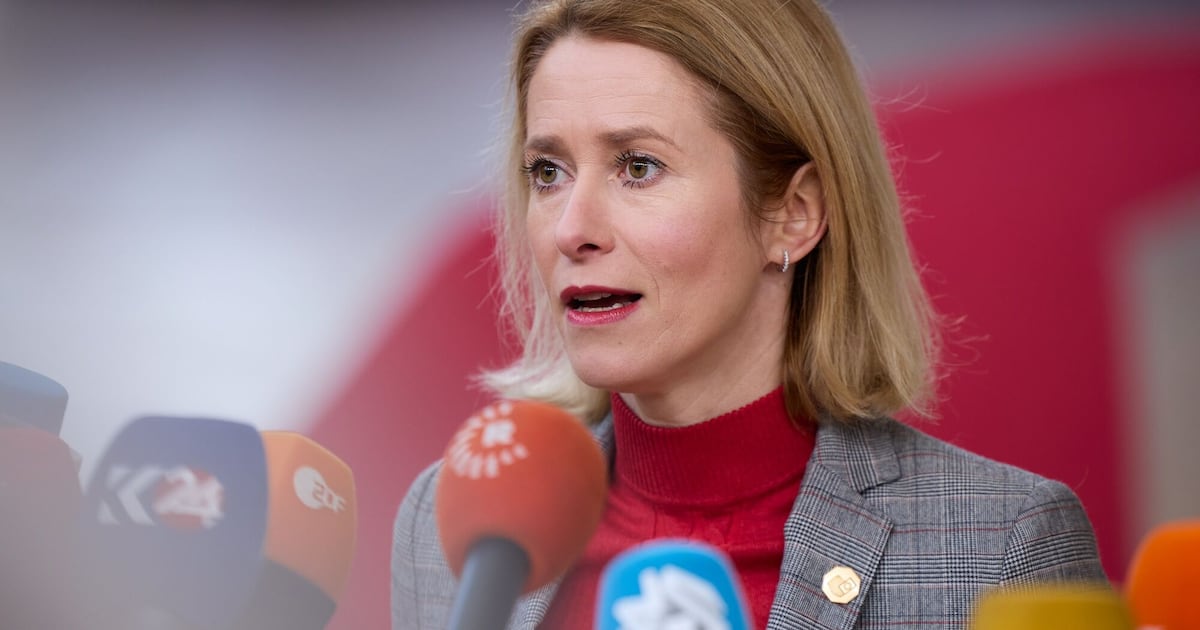The bloc’s diplomatic service, as well as some member states, are examining whether judicial decisions would be needed as a legal basis to seize the frozen assets, or if a damage calculation would be enough, said the people, who asked for anonymity to discuss the sensitive issue.
[…]
A decision to confiscate the money and hand it over to Ukraine would be a significant departure from the current approach. […] Up to now, the EU and the Group of Seven nations have tapped the profits generated by some $300 billion in sanctioned Russian assets to provide aid to Ukraine. Under a G-7 plan, Kyiv’s allies approved a mechanism where the profits would be used to underpin a €50 billion ($52.5 billion) loan package for Kyiv.
[Confiscation of foreign assets, let alone of that size, would be unprecedented in history. While central bank reserves have been frozen many times -e.g., the United States are still holding the reserves of Iraq and Afghanistan, yet technically they remain the property of these countries. Central bank reserves of another country have never been confiscated before.]
[…]
Some EU member states are currently evaluating what effect such a move would have on the euro as a currency, the people said. They’re also assessing the potential impact of third countries deciding to withdraw assets from countries that proceed with seizures.
[…]
Kaja Kallas, the EU’s new foreign policy chief who runs its diplomatic service, said during her confirmation hearing last month that frozen assets should be tapped directly. “I will not use the word confiscation, because it’s really using the assets in a legal way,” she said.
[…]



It depends. What do you think will be the impact on the EU economy if Russia invades Estonia in 10 years, triggering a nuclear war?